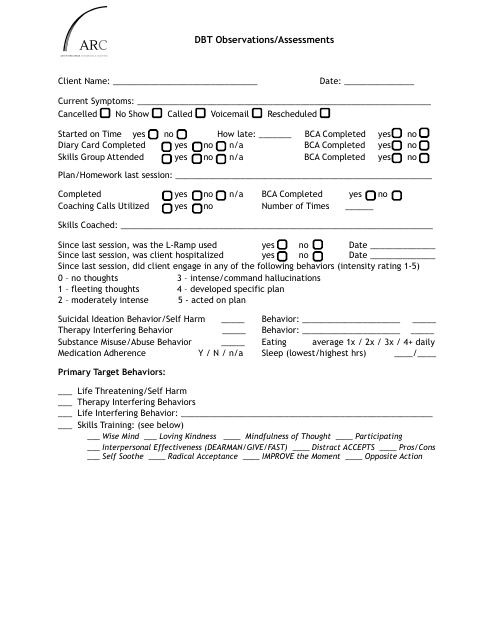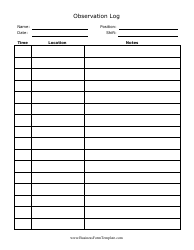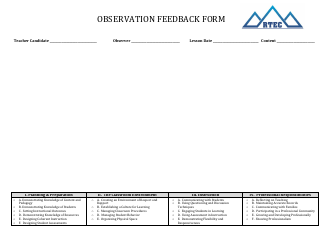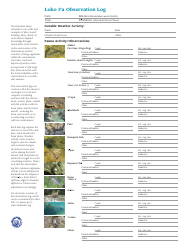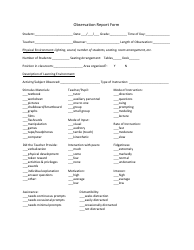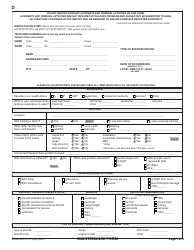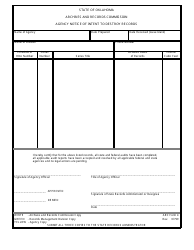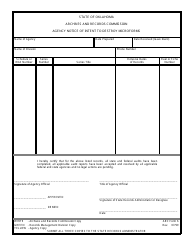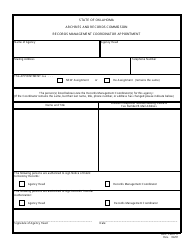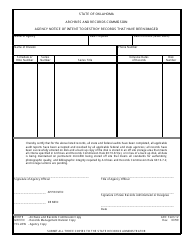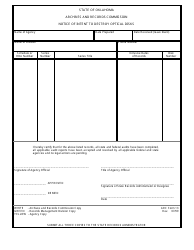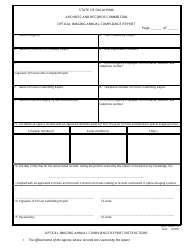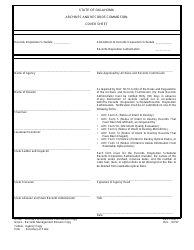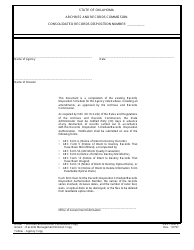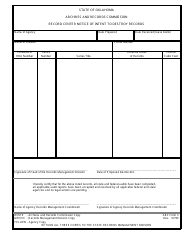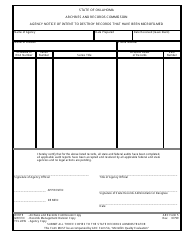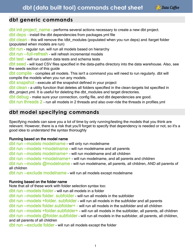Dbt Observations / Assessments - Arc
The DBT Observations/Assessments - Arc (Adult Residential Care) is a document or a tool used in counseling and therapy. DBT stands for Dialectical Behavior Therapy, which is a type of psychotherapy that combines behavioral science with concepts like mindfulness and acceptance.
The DBT Observations/Assessments - Arc document is specifically designed for adult residential care settings. It's used to observe and assess a patient's behavior, emotional state, social interactions, and coping mechanisms in real-time. The document is filled out by a trained professional who is conducting the therapy session.
This type of documentation helps in tracking the patient's progress, identifying patterns or triggers, and planning future treatment strategies. It's essential in providing individualized care and addressing the unique needs of each patient. It also allows for ongoing monitoring and adjusting of the treatment plan as needed.
The DBT (Dialectical Behavior Therapy) observations/assessments - ARC (Attachment, Regulation, and Competency) are generally filed by licensed mental health professionals. This often includes psychologists, psychiatrists, mental health counselors, and social workers who are trained and certified in DBT and the ARC framework. They use these assessments to develop a comprehensive understanding of a patient's mental health status and their ability to manage stress, form secure attachments, and demonstrate competency in various areas of their life.
FAQ
Q: What is DBT?
A: DBT (Dialectical Behavioral Therapy) is a cognitive-behavioral approach that emphasizes the psychosocial aspects of treatment. It was developed by psychologist Marsha M. Linehan specifically to treat people with borderline personality disorder.
Q: What is an ARC in DBT?
A: ARC in DBT stands for Acceptance, Regulation, and Change. It's a central dialectic that interweaves accepting feelings as they are while also working to control or change them.
Q: What does Observations/Assessments mean in DBT?
A: Observations/Assessments in DBT typically refers to the regular monitoring and evaluation of a client's progress in therapy. This includes assessing the client's symptoms, emotional responses, coping strategies, and overall functioning.
Q: What is the goal of DBT?
A: The goal of DBT is to help individuals learn new skills to manage painful emotions and decrease conflict in relationships. It focuses on the concept of mindfulness, or paying attention to the present emotion.
Q: Who can benefit from DBT?
A: DBT is originally designed to help people with borderline personality disorder. However, it has been adapted for other mental health conditions like depression, eating disorders, self-harm, bipolar disorder, PTSD (post-traumatic stress disorder), and substance abuse.
Q: How does DBT work?
A: DBT works by teaching behavioral skills to help individuals handle stress, manage their emotions, and improve their relationships. It includes individual therapy, skills training, telephone coaching and team consultation.
Q: What is the role of mindfulness in DBT?
A: Mindfulness plays a crucial role in DBT. It aids in helping individuals accept and tolerate the powerful emotions they may feel when challenging their habits or exposing themselves to upsetting situations.
